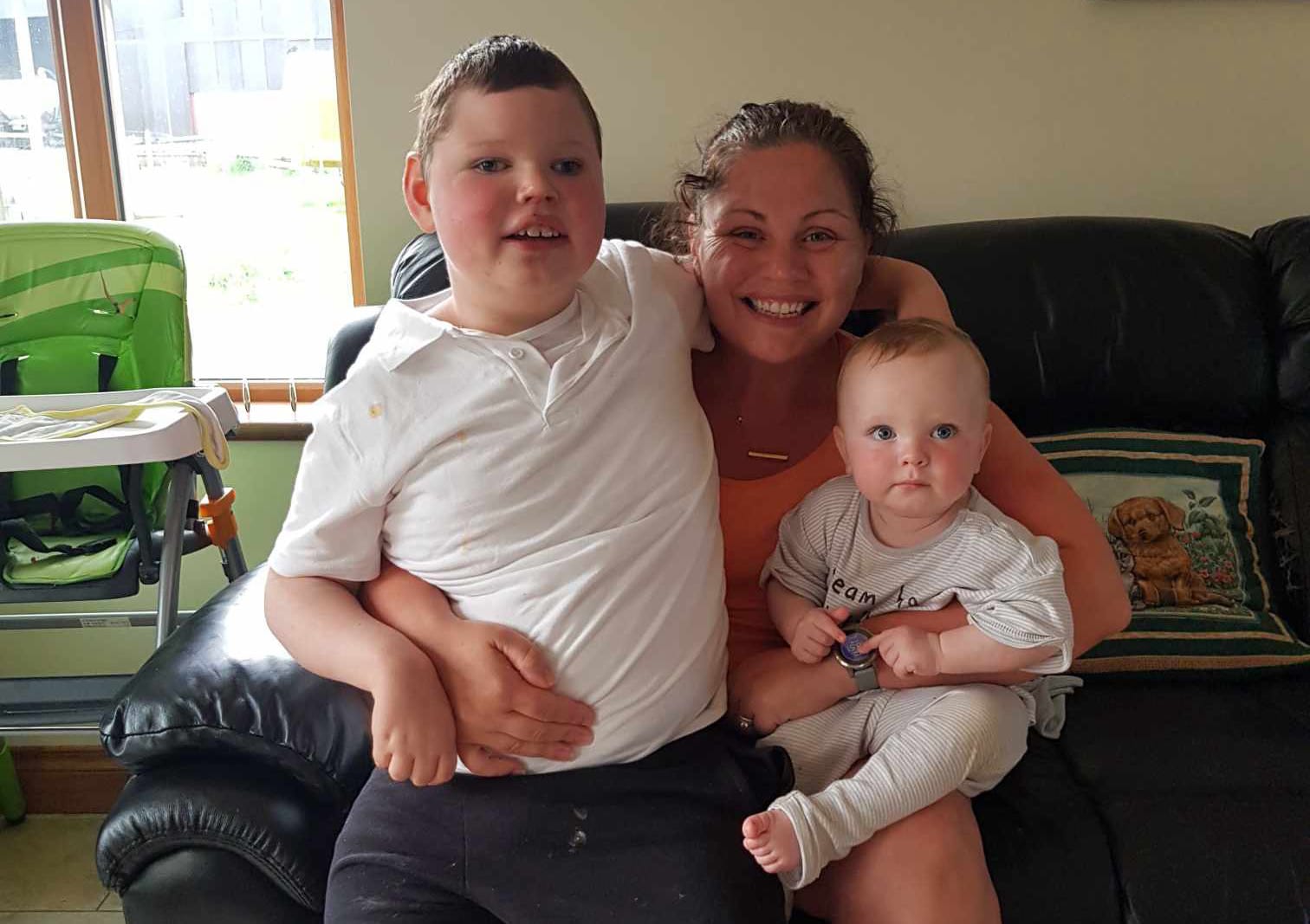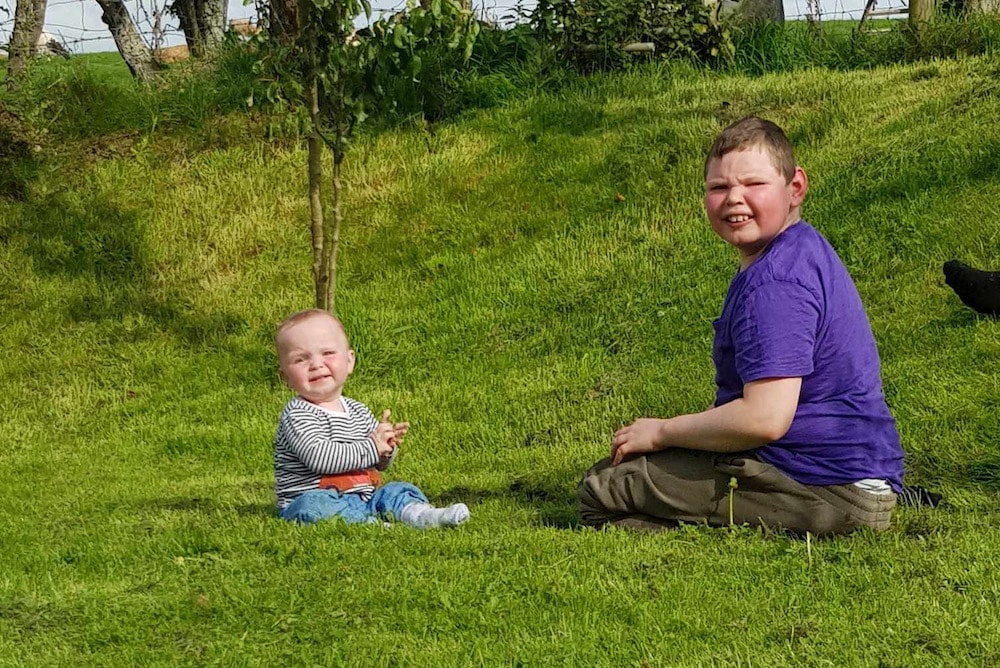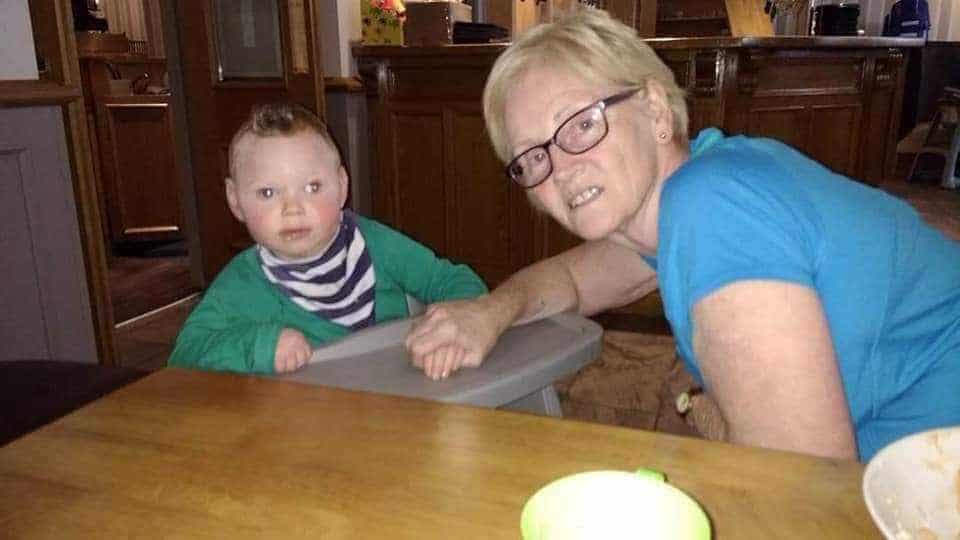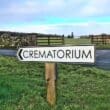
A County Armagh mother, who relies heavily on home care support for her severely disabled son, says she’s at her wits’ end trying to find anyone to help.
Paula Magee, who lost her four month old son, Cahir, eight years ago also looks after her other son, Cillian, who has cerebral palsy. He turns 10 in February. She is also mum to 16-month-old, Cathal.
Unfortunately for Paula, her rural location – between Caledon and Eglish – has left home care support options few and far between.
And in recent years she has had to take on the responsibility of employing the carers herself after the Trust stopped providing the service. The Trust still pay for the help but it’s up to Paula to source the workers and deal with the employment legalities that come with that.
It’s a situation, Paula says, which makes her life 10 times more difficult.
“I remember when the Trust told us that they have to go down this road, I was like ‘I have enough to do’,” said Paula. “And even just that feeling of responsibility; first of all employing people and then dealing with HMRC, I have enough stress.”

Paula Magee with her husband, Colin, and two sons, Cathal and Cillian
Paula says the Trust should be more helpful and has advocated for a database whereby parents like herself can tap into and access available carers.
At the minute, Paula has to undergo the Access NI checks for each potential recruit which takes weeks to complete.
Said Paula: “Back in September it took five weeks for me to get an Access NI check to come through. In the meantime the potential carer got some extra work which reduced her availability and there a few weeks ago she has gone.
“You have to do a bedding in time with Cillian – he’s not just going to jump straight into the arms of a stranger. You have to work with Cillian and you have to get to a stage where you are comfortable with them, even they are police checked. By the time that happens you could be weeks down the line.
“It feels like a personal thing because obviously they have engaged and start to build a relationship with Cillian who takes time to adjust and then all of a sudden the carpet is pulled out from under you. You start to question why they left etc.
“I just wish in that situation it would be so nice to be able to tap in somewhere and see somebody’s police check and be able to get help a lot quicker.”
Paula says a big reason for their difficulty in recruiting carers is their rural location.
“Even when the Trust were sending staff out, nobody ever wanted to come all the way out here. They call it a black spot apparently, between Caledon and Eglish.
“And again, when we had Colin’s daddy and Cillian here, which was like a double package, we still struggled to get anyone out because it was too rural.”
Paula says the struggle is having a real impact on her son’s life and that of her family too.

Cathal and Cillian playing together
“We have zero family support; it’s my husband and I. Carers are my lifeline and our family’s lifeline,” she said.
“When we lost the most recent help, it just felt like the whole house had collapsed because you rely on it so much. We’ve been given as much as 45 minutes notice before.”
Paula says the uncertainty leaves her almost “living in the negative, waiting to be let down”.
“One time my husband and I had actually organised to go out for something to eat, just the two of us, but it had to be cancelled because the help cancelled.
“It’s vital to us to get the help and if there’s no help, I just plummet – it takes such a toll on your mental health.
“Even the recruiting I feel is degrading because the only outlet I know is to go onto Facebook and buy and sell pages. You actually feel as if you’re selling your child – you’re putting your pitch out.”
Paula says she spent last Saturday in tears having had no help for six of the seven days.
“You go through all the emotions. Firstly it’s anger and then it’s, ‘I can’t believe we’re living this life constantly’, the disappointment of being let down has a ripple effect on you.”
She added: “I know across the board, from Trust to agencies, there just doesn’t seem to be the carers to do the work but I feel the Trust should be offering more active support, or perhaps better signposting. For a family that already have their hands full, to have to find their own help is difficult.
“We had a wee boy who died eight years ago, which was tough, and now we have a 16-month-old child. My mother died when she was 60; she had lived with us before she passed away and my husband’s father lived with us before he died a year and a half ago. We don’t get it easy; I just wish it wasn’t as difficult to access support – it really shouldn’t have to be.”

Cillian with his grandmother – Paula’s mum – before she passed away
A spokesperson for the Southern Health Trust told Armagh I: “We absolutely understand the challenges faced by families who have a child with complex needs and work with them to ensure they can get the support that they need.
“Our social work service for children with disabilities currently provides services to many children and families’ assessed needs.
“All families receive an assessment to determine and plan any services that they may require. Each assessment is regularly reviewed and services may be modified depending on any changes to their needs.
“Self-Directed Support is one of the packages of care offered, which can give parents and carers flexibility and control over services for their children.
“As part of this process, the child’s parents or carers will locate a suitable carer and complete initial Access NI check information online.
“The Trust’s children with disabilities service then processes the request for information with Access NI, which currently takes from two days to a week.
“Health and Social Care Trusts do not maintain a directory of personal assistants. Families are signposted to the Centre for Independent Living which has been promoting a personal carers introductory service. Parents and carers can search this database to find personal assistants to match their needs.
“Families can continue to speak to their social worker for advice or to raise any issues or concerns.”





